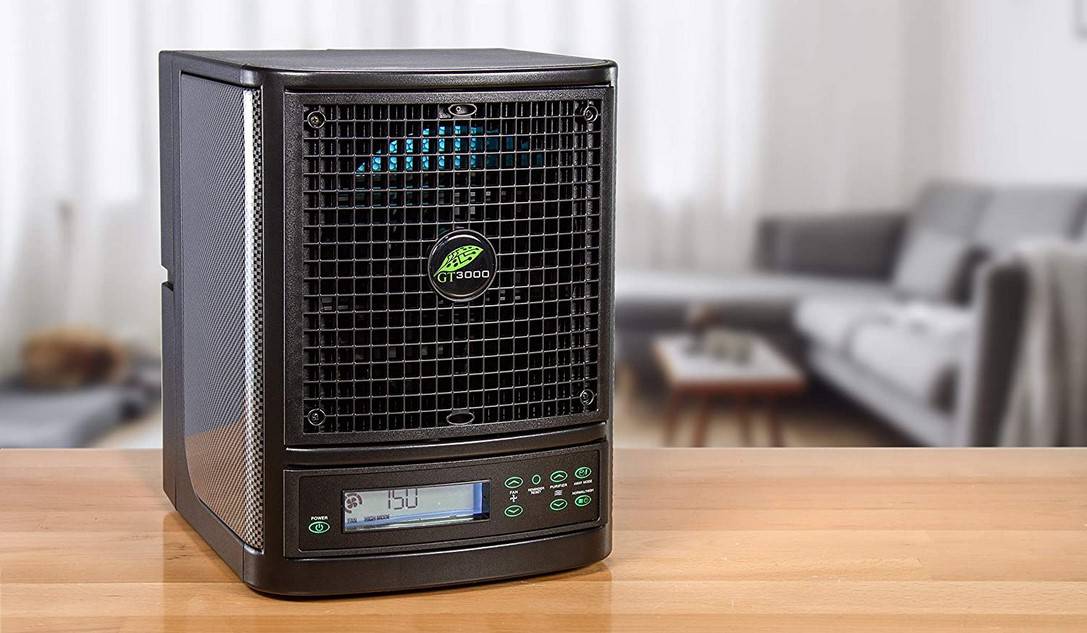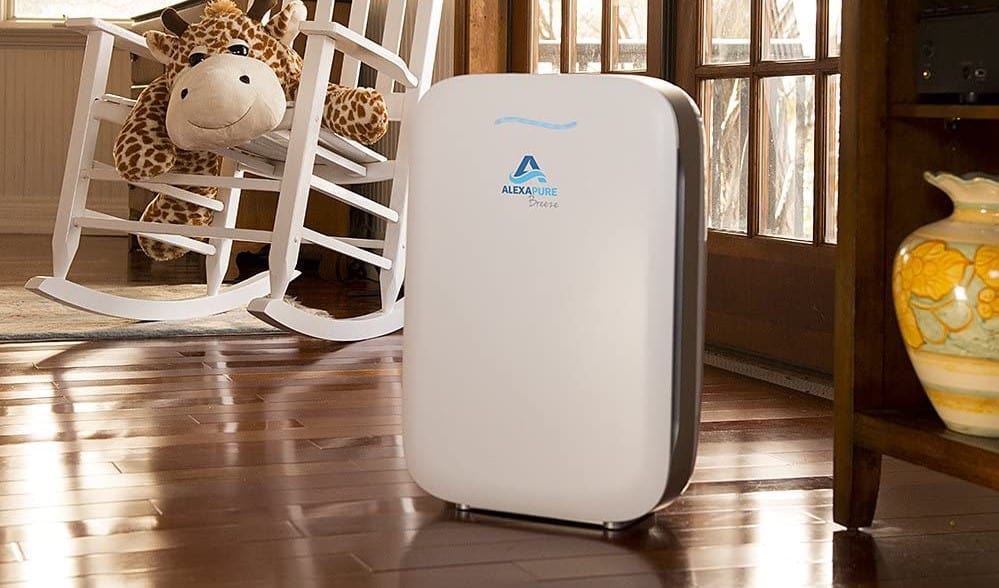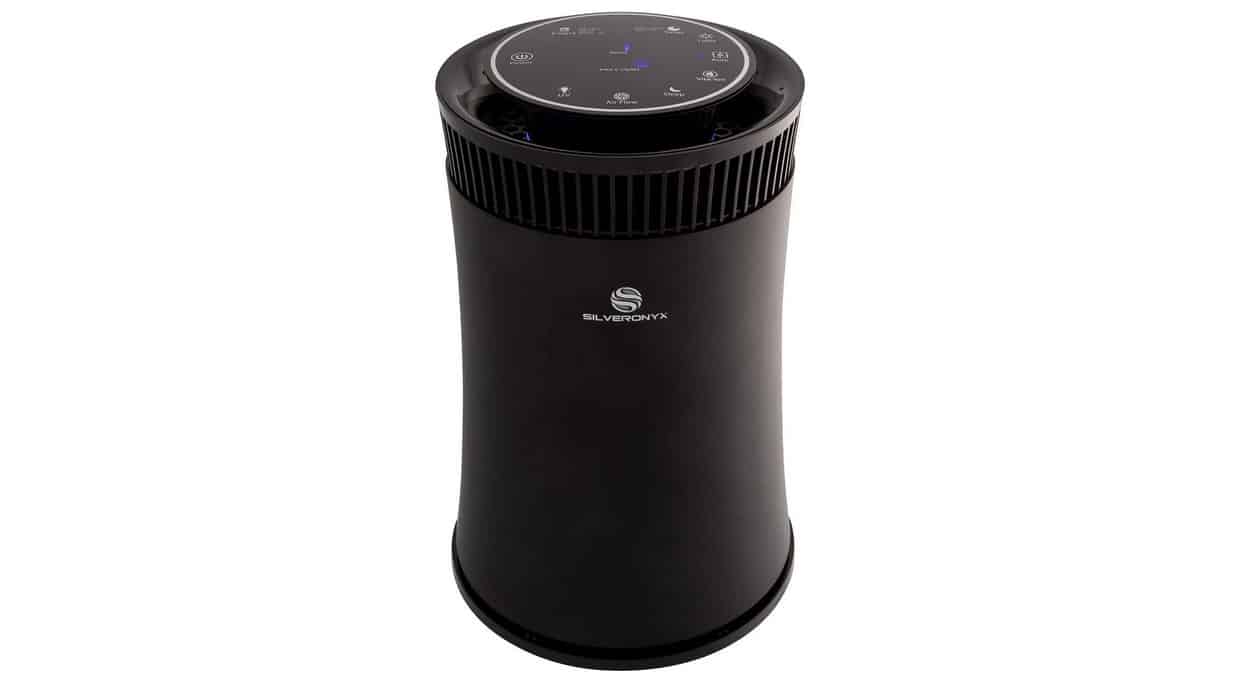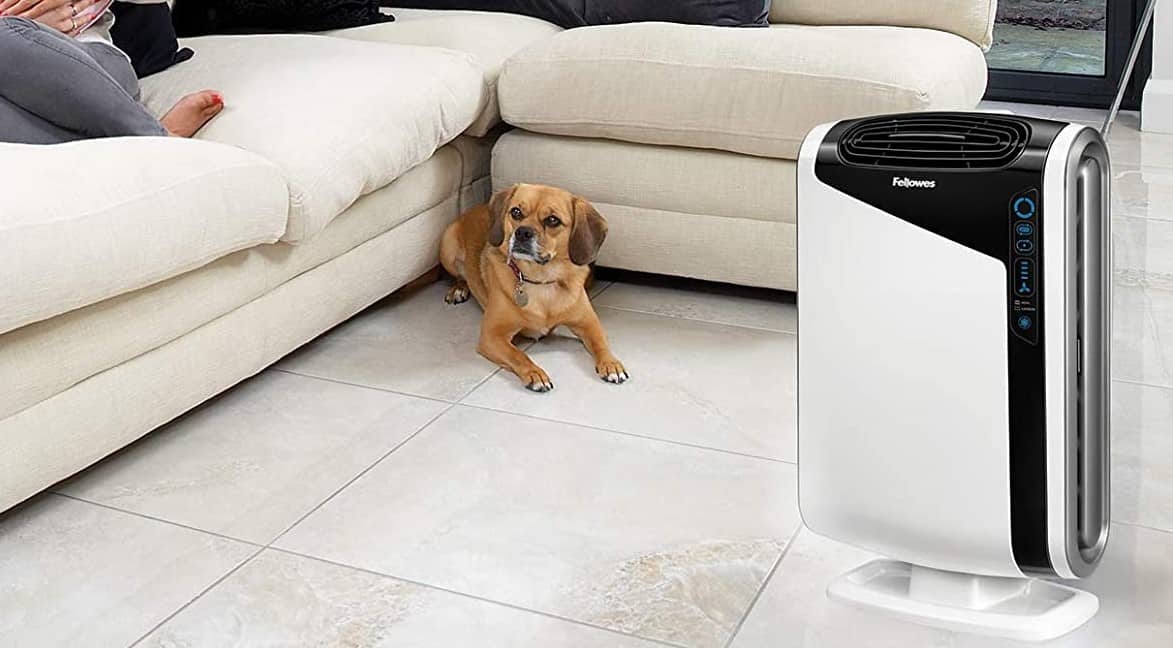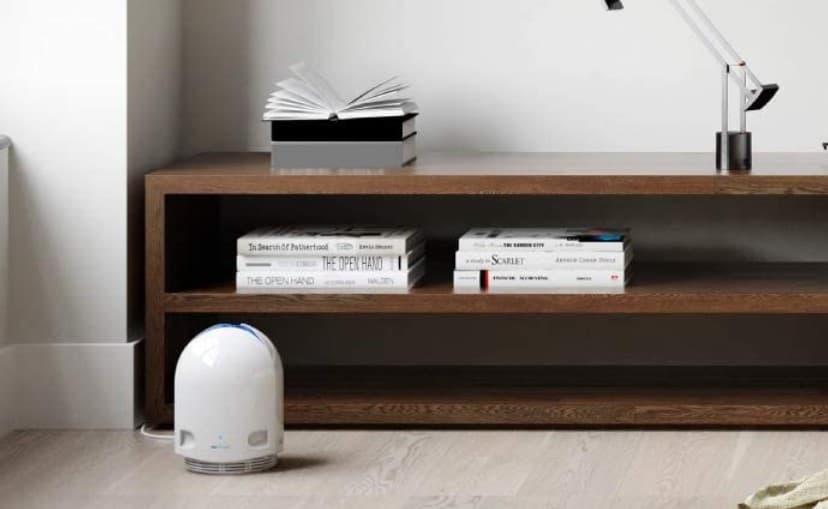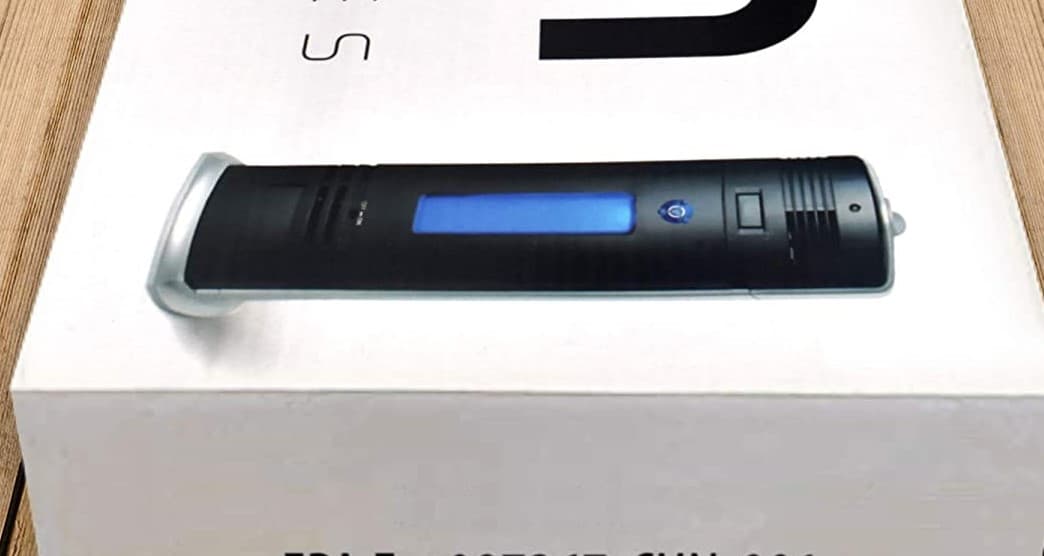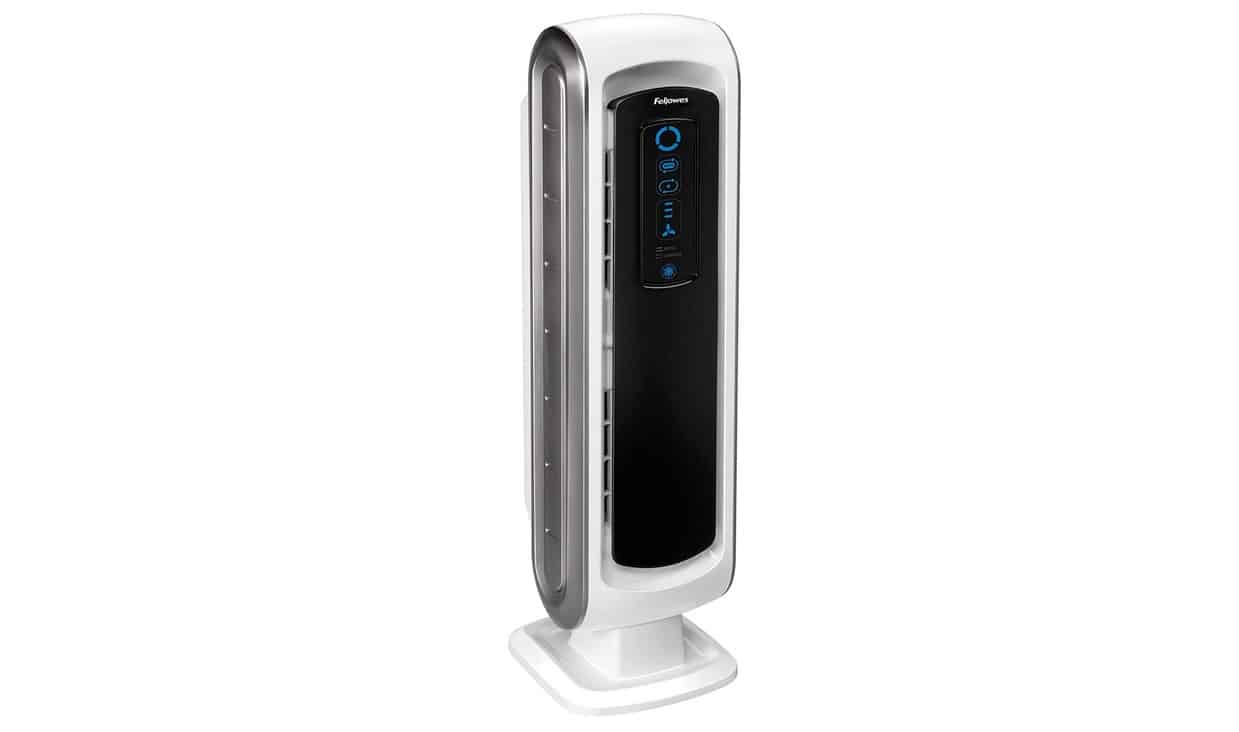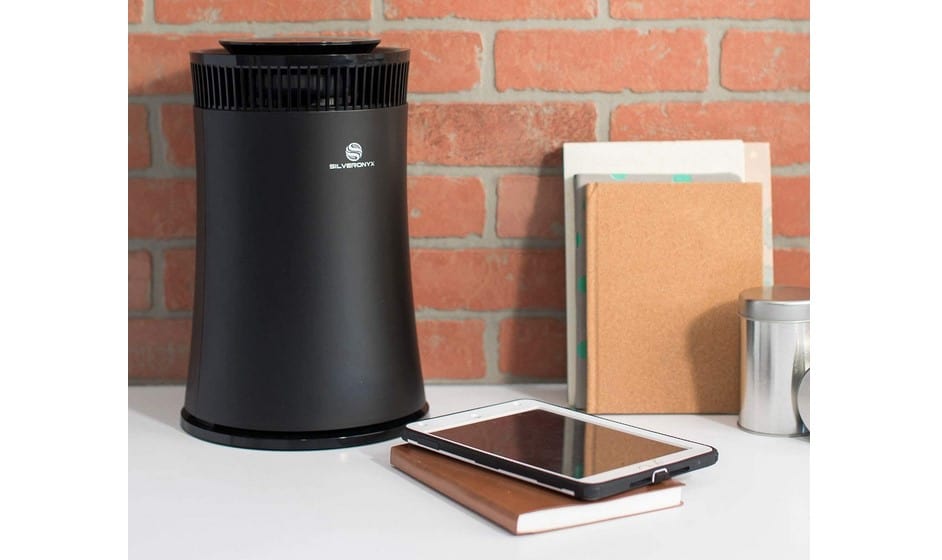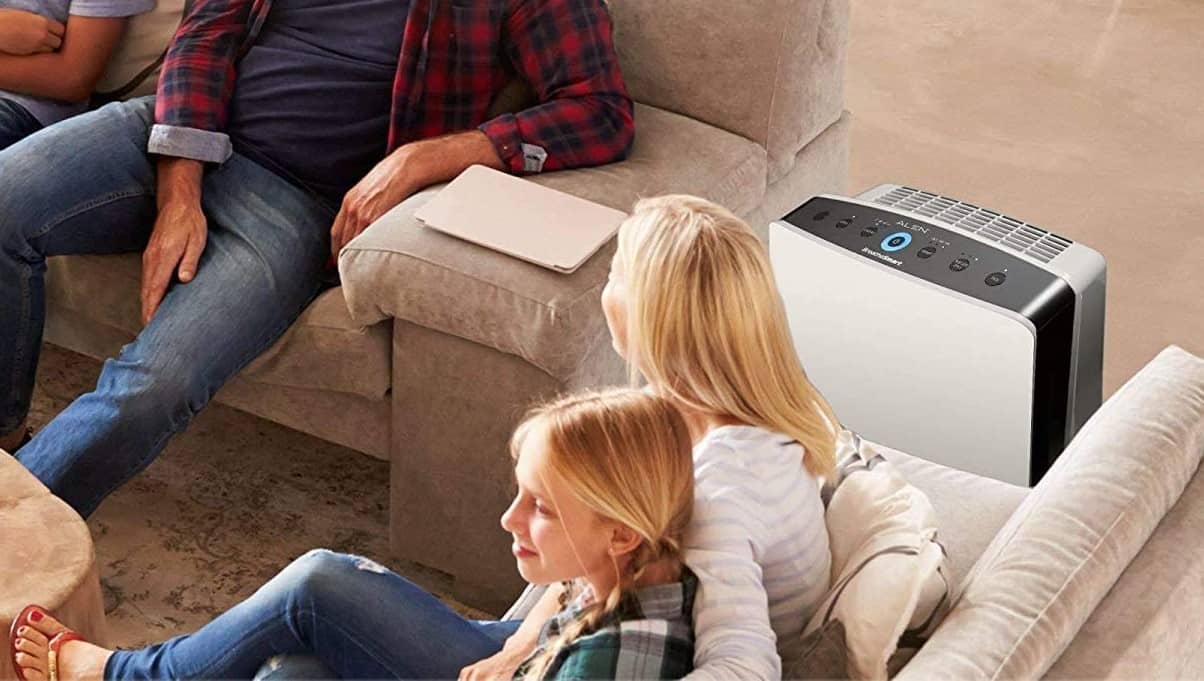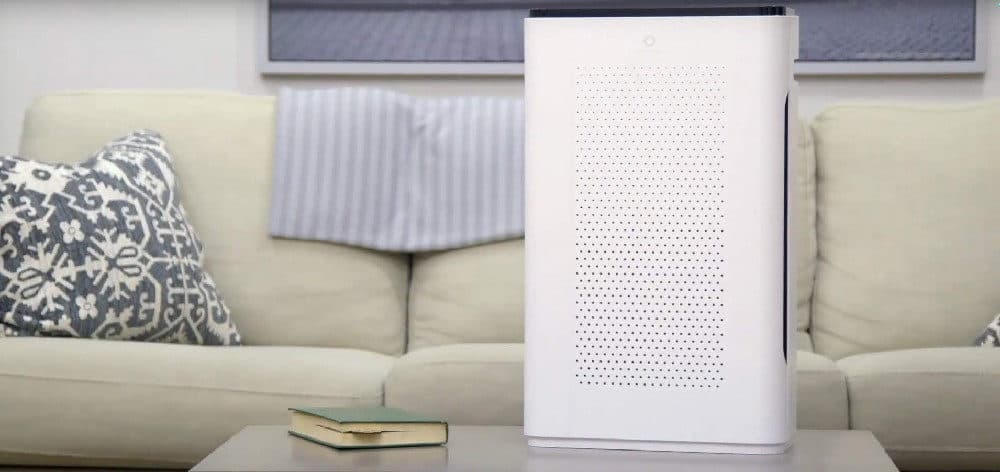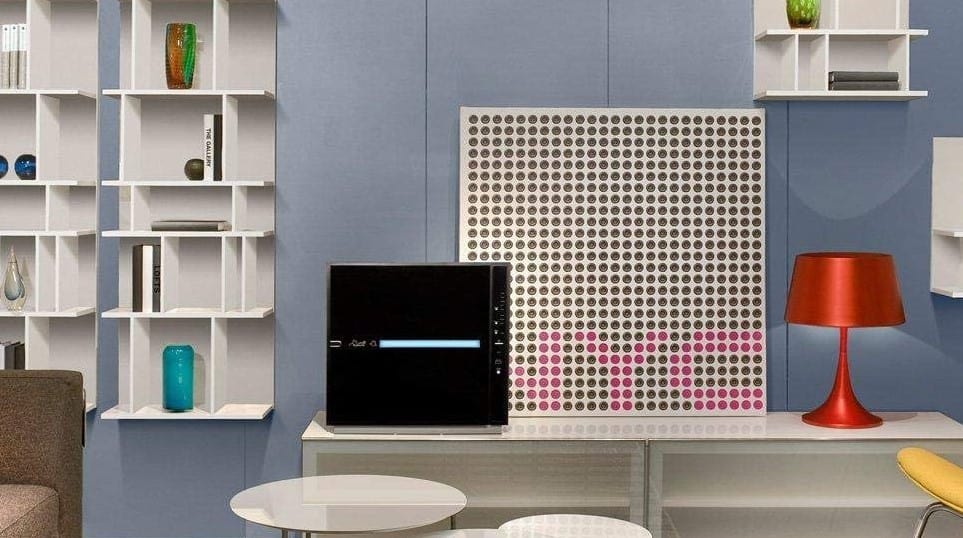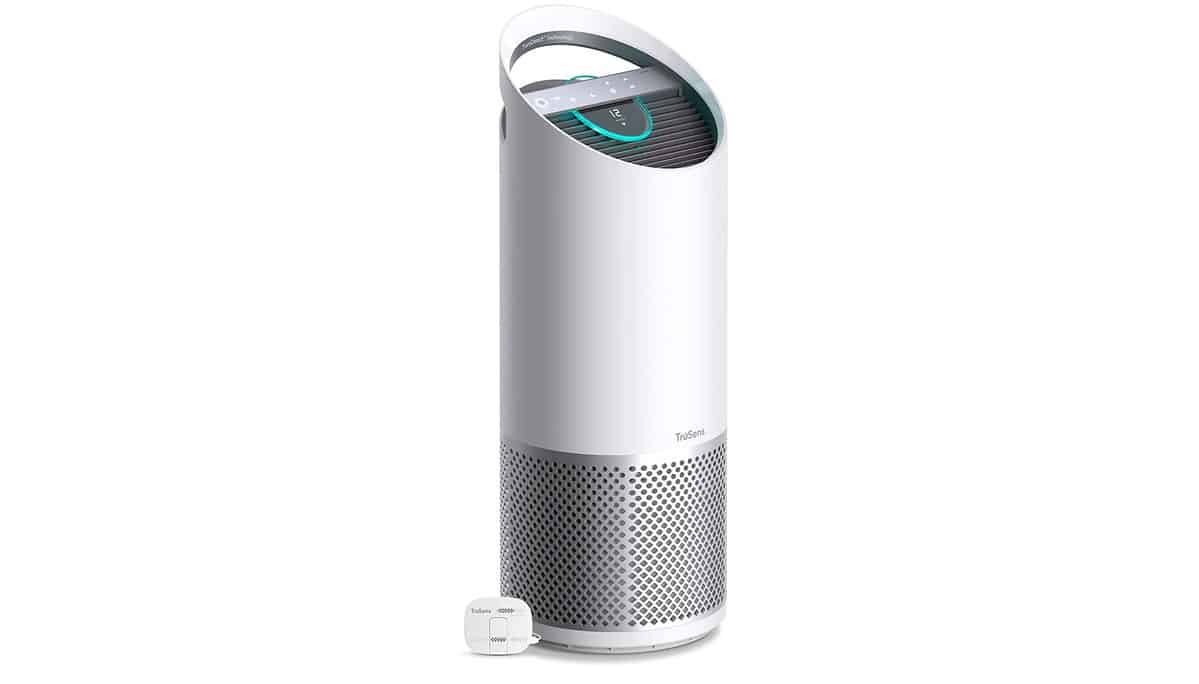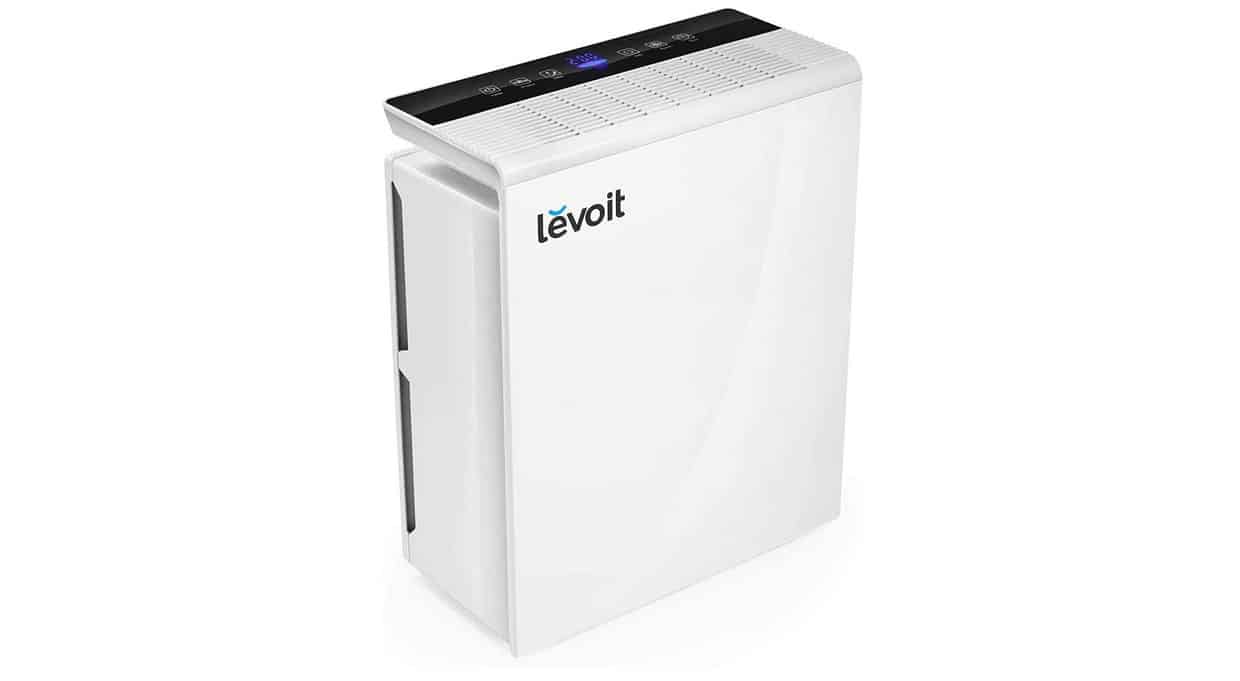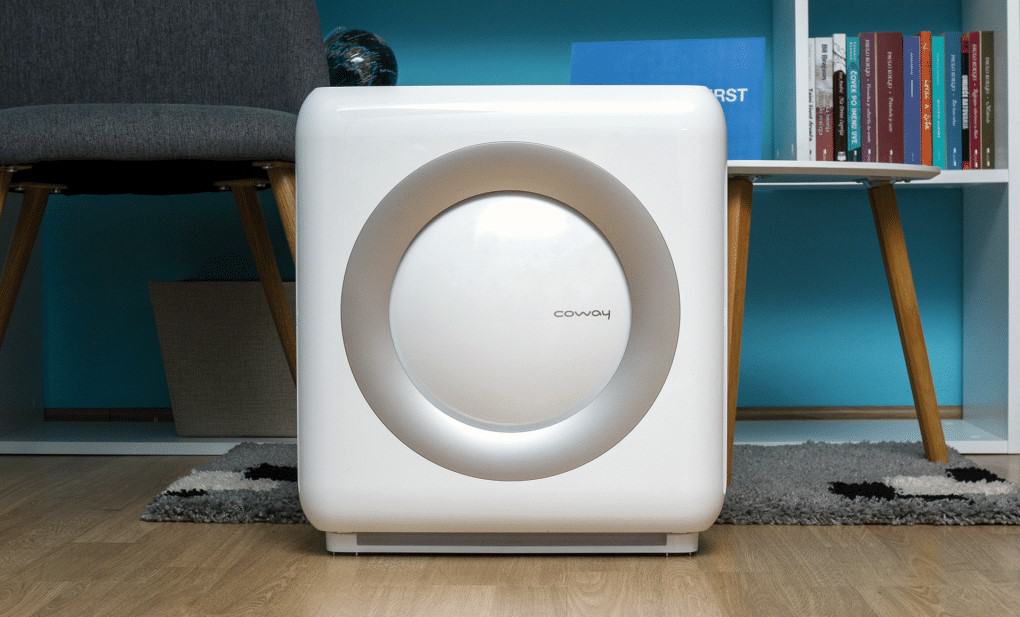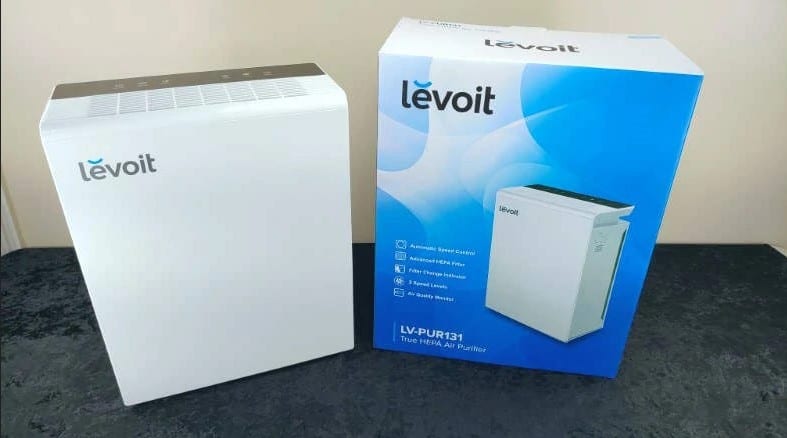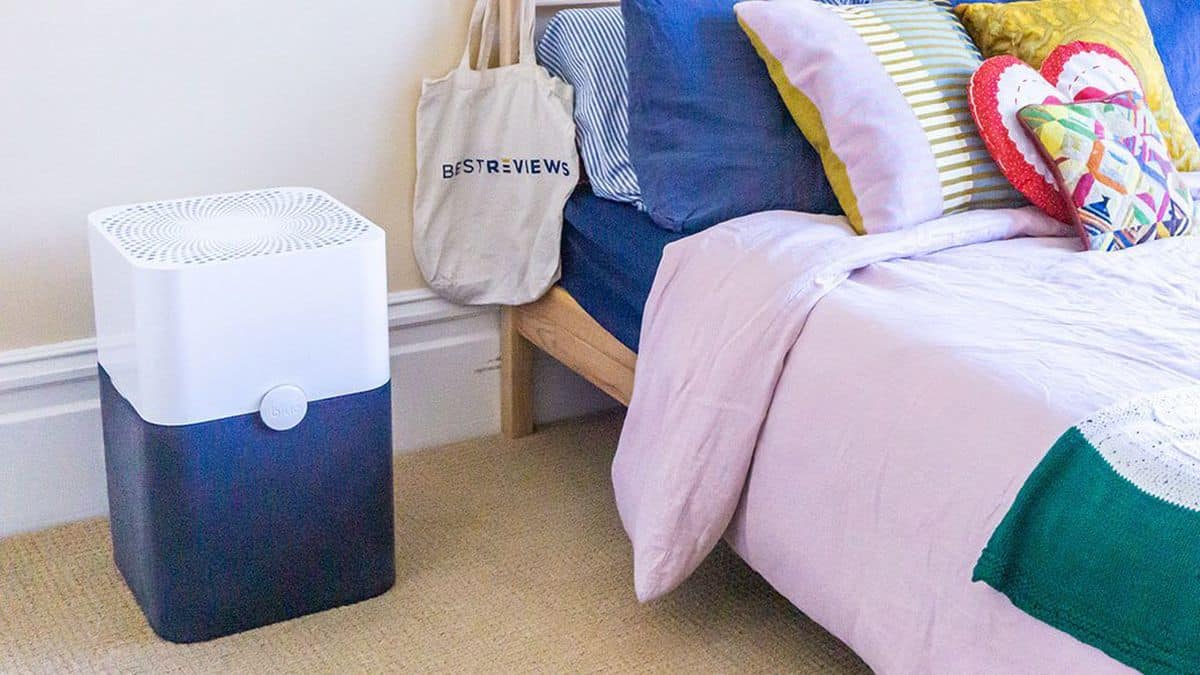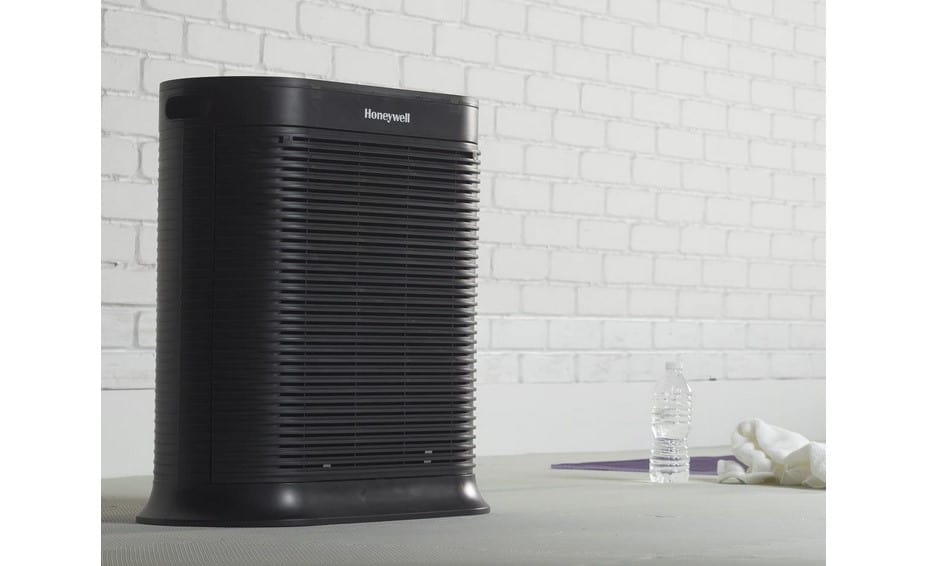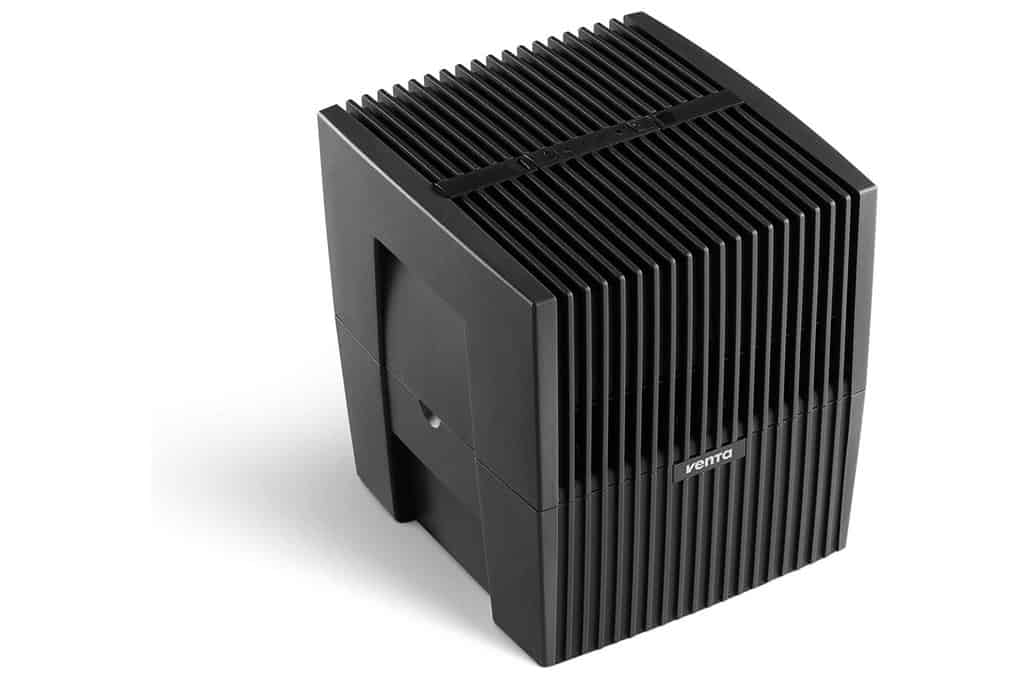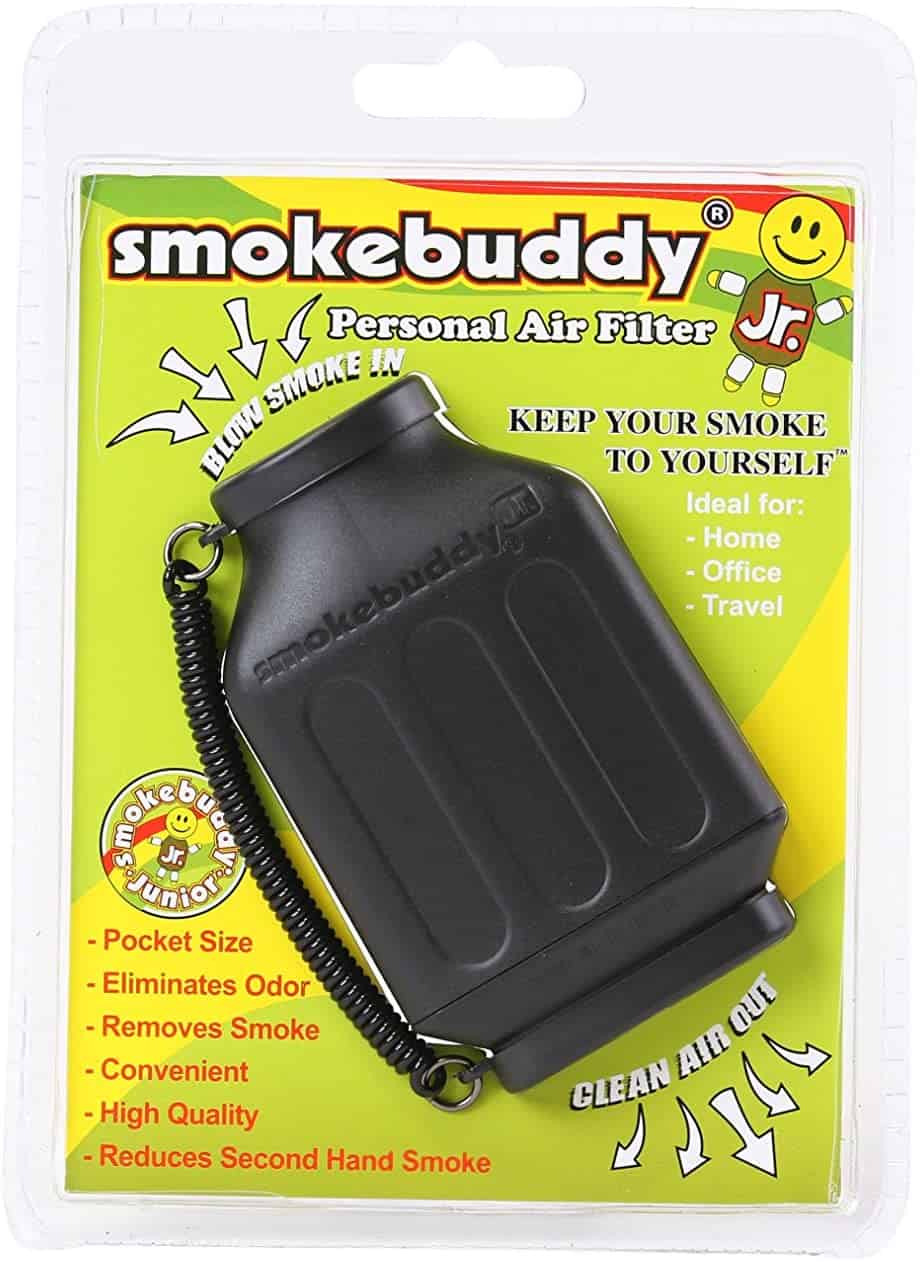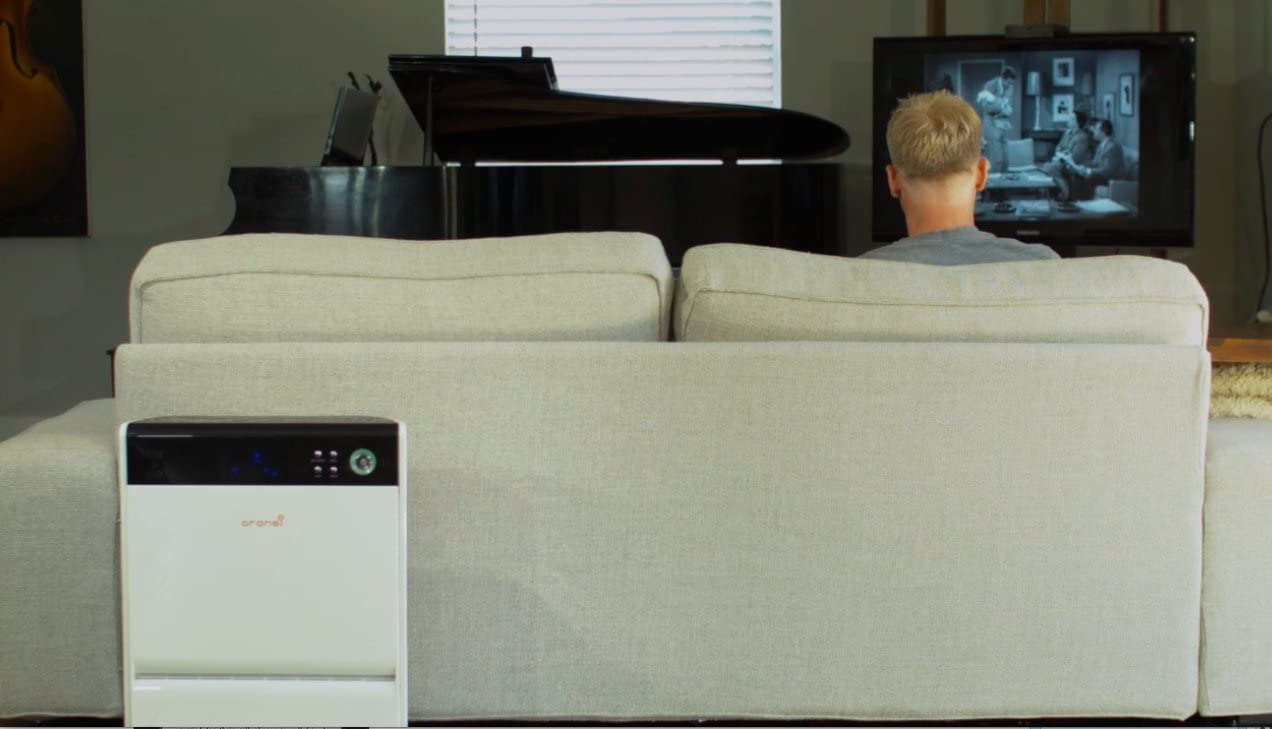Comparing a HEPA vs an ionic air purifier can be tricky since both systems have so much to offer. For the standard consumer, it can feel impossible to decide. You just want to get rid of the types of pollutants that can be hazardous to your health, after all. To do that, though, you need to invest in the best air purifier possible.
KEY TAKEAWAYS:
- HEPA air purifiers can trap pollutants far more quickly than other types of air purifiers and are more effective at doing so.
- Ionic air purification releases a small amount of ozone which can harm your health, especially if you are an asthma sufferer.
- Your lifestyle and budget will always be the best determiner of the product to buy, but HEPA filters are a better choice for those with chronic illness or other health complications.
Comparing HEPA and Ionic Air Purifiers
Figuring out who wins when in the HEPA vs ionic air purifier showdown isn’t necessarily easy. However, once we tally the marks, there is a clear winner. Below, you’ll find a rundown of each, its benefits, drawbacks, and which one reigns supreme. Are you interested in more filter types? Try reading about what a HEPA vs PECO filter comparison looks like.
Explaining HEPA Filters
There is a myriad of health benefits associated with a HEPA air purifier. The most significant difference between these and ionic purifiers is that HEPA filters come backed by the U.S. Department of Energy. If you’re still worried about additional allergens, we did a comparison of HEPA vs an allergen filter purifier. Check it out.
For a couple more comparisons, check out filter vs filterless air purifiers and air cleaners vs air purifiers.
How HEPA Filters Work
A HEPA air purifier works by filtering air particles through a highly effective filter. These types of air purifiers are the most common and use mechanical filtration to provide better indoor air quality.
Benefits of HEPA Filters
There are several benefits of using HEPA filters:
- They minimize your allergy symptoms.
- They keep asthma symptoms under control.
- They filter smaller and larger particles more efficiently.
Drawbacks of HEPA Filters
No product is perfect, so keep the following in mind:
- HEPA air purifiers are generally more expensive.
- You have to replace air filters in most models.
Explaining Ionic Air Purifiers
Ionic purifiers, also known as air ionizers, were top-rated in the 90s. However, as the HEPA air filter rose in popularity, the demand for air ionizers lowered. That said, they are still manufactured and in use today.
Insider Tip
HEPA filters are more resilient than other types, so you can vacuum them and reuse the same one repeatedly.
How Ionic Air Purifiers Work
Ionic purifiers emit negative ions charges that discharge the microscopic particles causing odor, sickness, and more. Because they use an electrical charge, they are filterless air purifiers.
Benefits of Ionic Air Purifiers
An ionizing air purifier has several benefits:
- Provides regular cleaning to your air by keeping it moving.
- This technology doesn’t require a physical filter.
- It is effective at lowering the amount of indoor air pollution.
Drawbacks of Ionic Air Purifiers
There are a few drawbacks to keep in mind with ionizer air purifiers:
- It doesn’t filter out as many airborne pollutants as a HEPA.
- While they aren’t ozone purifiers, they still create ozone as a byproduct.
Warning
Ionic air purifiers produce a small amount of ozone, a hazardous pollutant that poses moderate health risks.
Which One is Better for You?
The type of air purifier you choose is entirely up to you. If you’re going by today’s health standards, though, the HEPA filter should be your first choice. Its air cleaning performance is second to none. A HEPA air purifier also comes with a promise to consumers, backed by a federal agency. Ionic purifiers are fine, but they don’t offer the same health benefits.
F.A.Q.
What are air purifiers supposed to filter out of the air?
Air purifiers are supposed to trap and filter out airborne particles of all different types. Some examples include:
- Dust Particles
- Cigarette Smoke
- Common Allergens
Are air purifiers effective at cleaning the air?
Air cleaning efficiency is best achieved by regular maintenance, like keeping up with cleaning reusable filters. You also want to buy a model that can keep up with your lifestyle. For example, if you have pets, get one that’s made for cleaning pet dander.
Can air purifiers filter the air that comes from outside?
They can, but air purifiers have a high cleaning speed in an enclosed space. Close your windows to get the most efficient air cleaning performance.
Are ozone purifiers dangerous to use?
Ozone air purifiers, also known as ozone generators, are not recommended for use. High levels of ozone can cause several health issues. Most consumers should avoid ozone air purifiers.
STAT: Multiple studies show that using HEPA filters in air purifiers can result in a 50 percent or higher reduction in airborne particulate matter. (source)

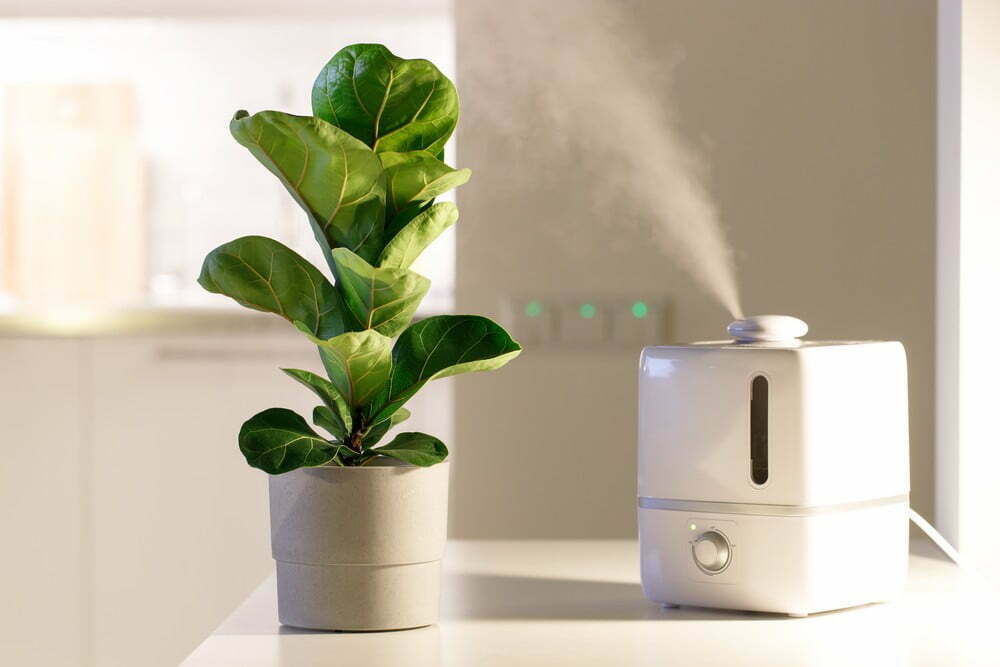













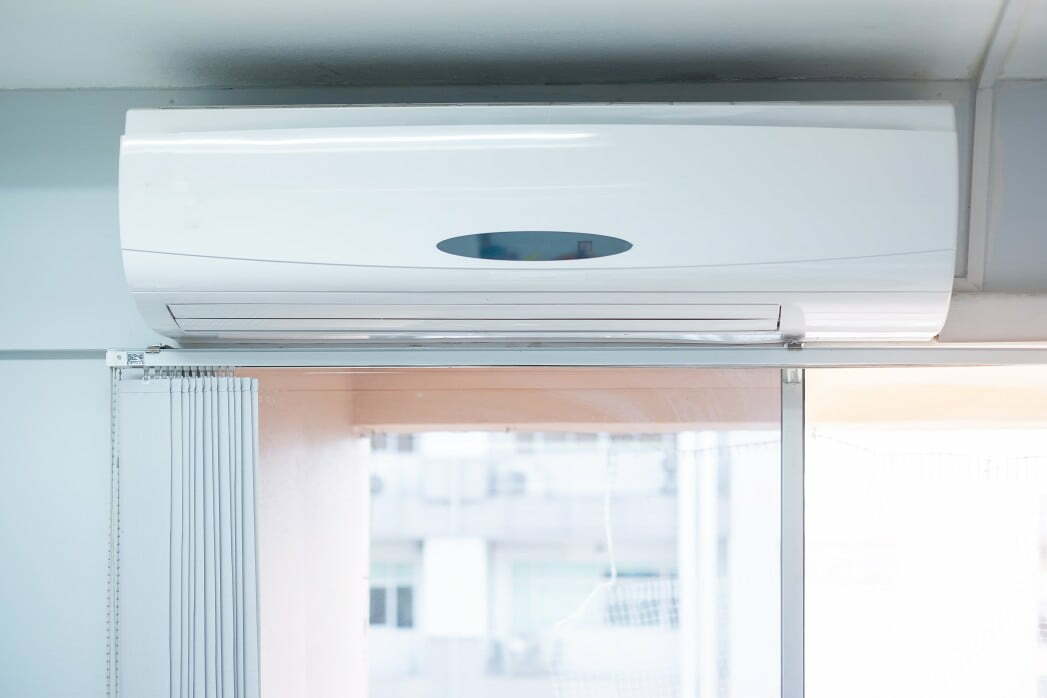
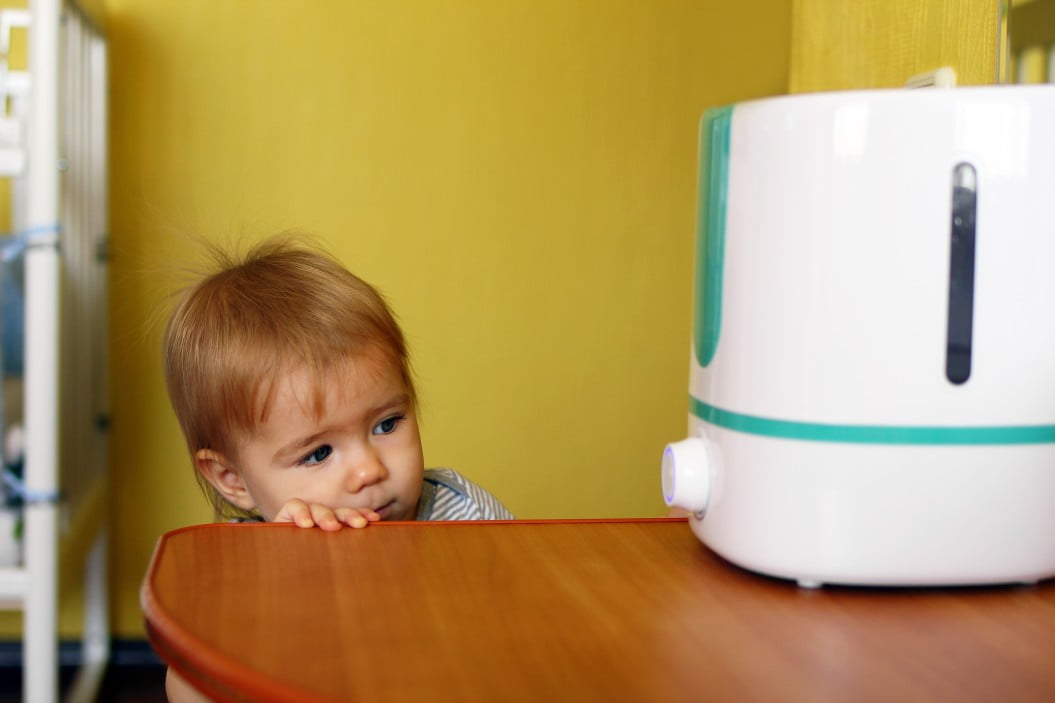
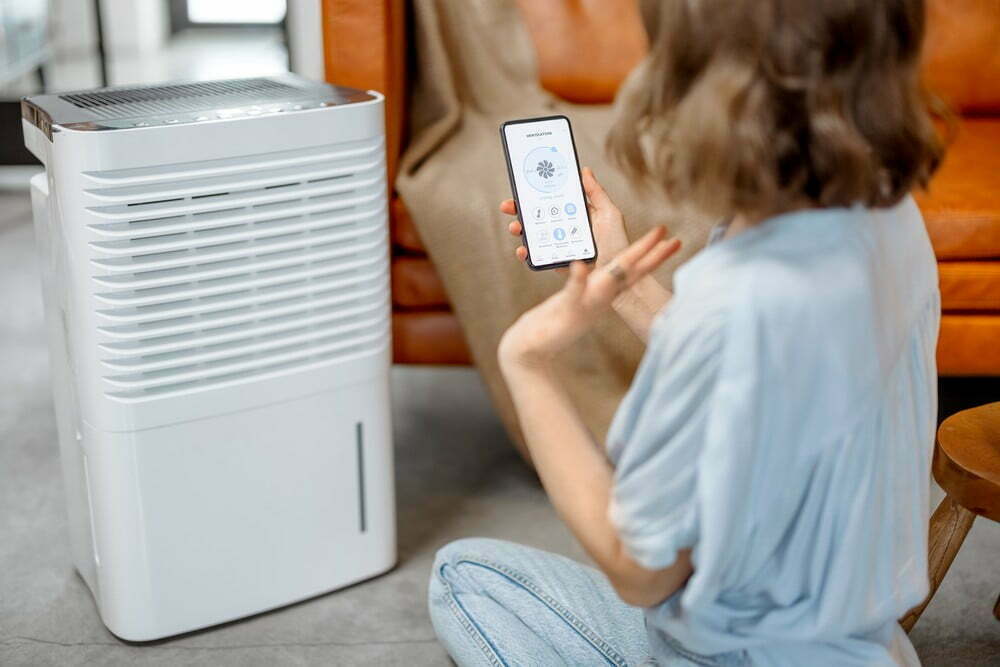
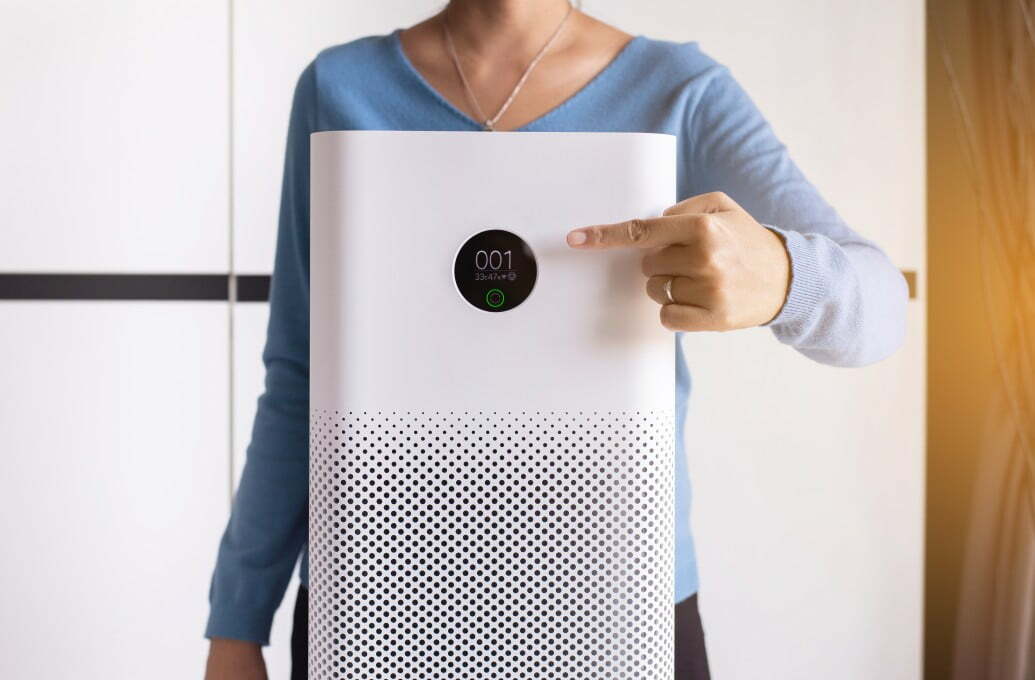
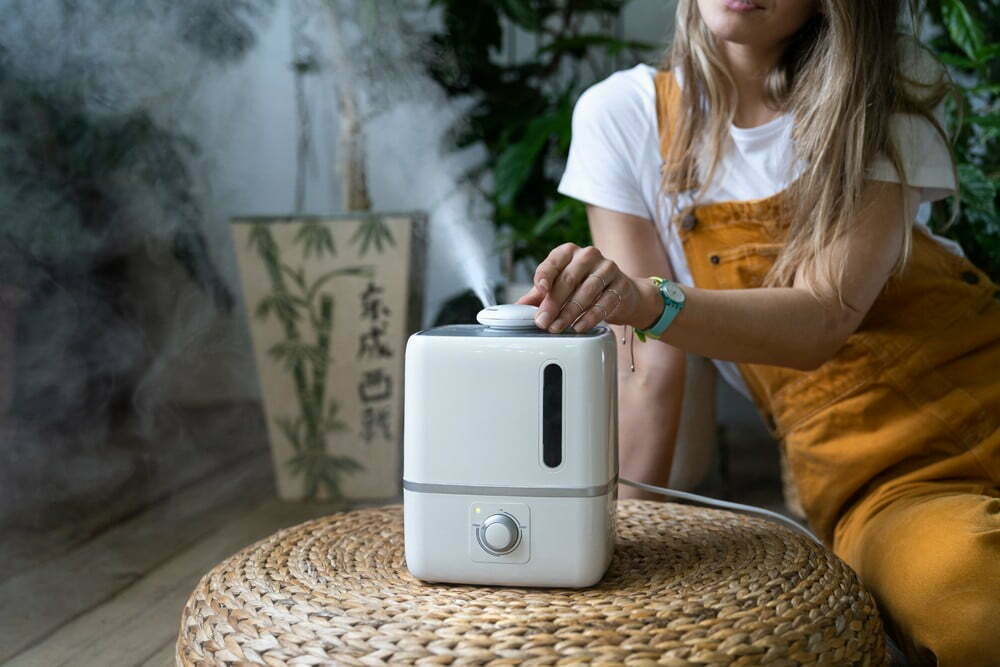
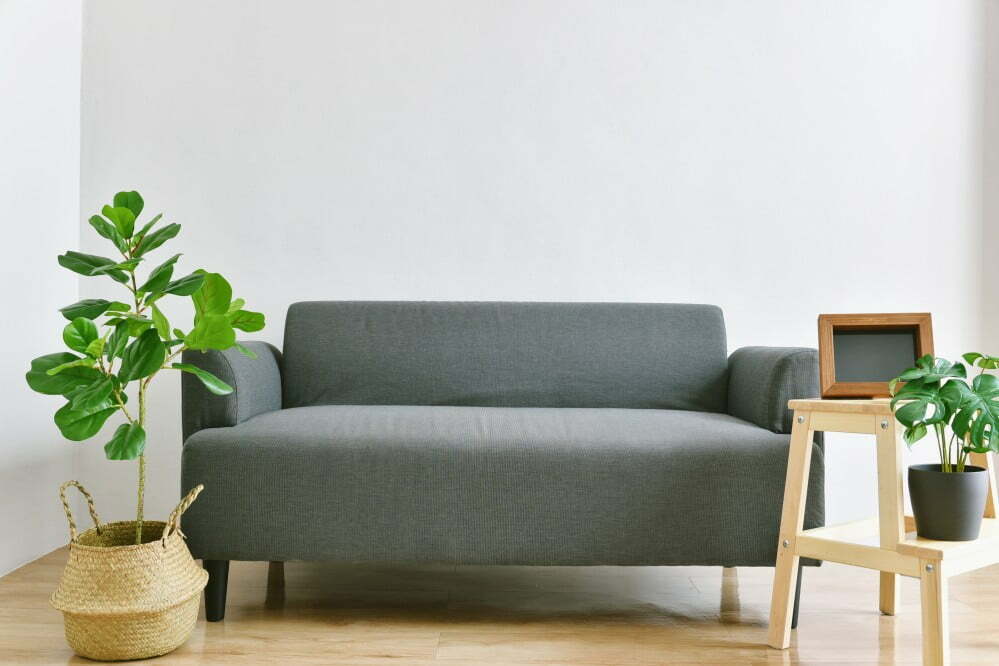

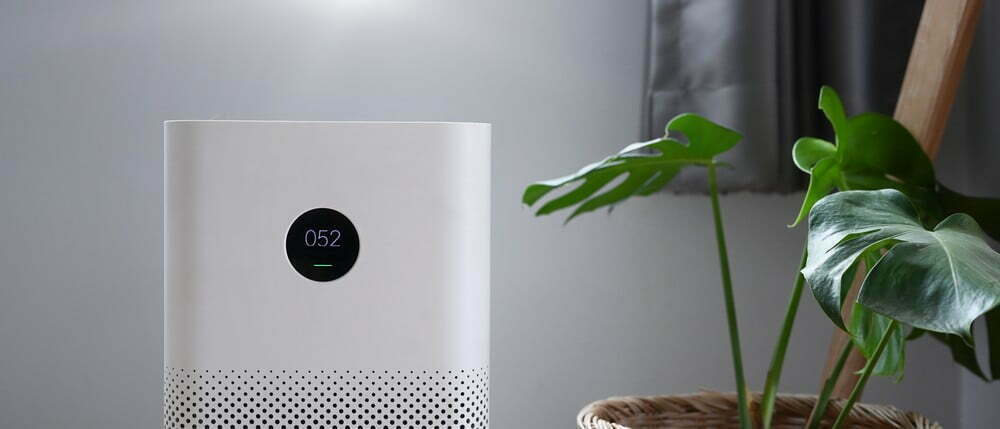
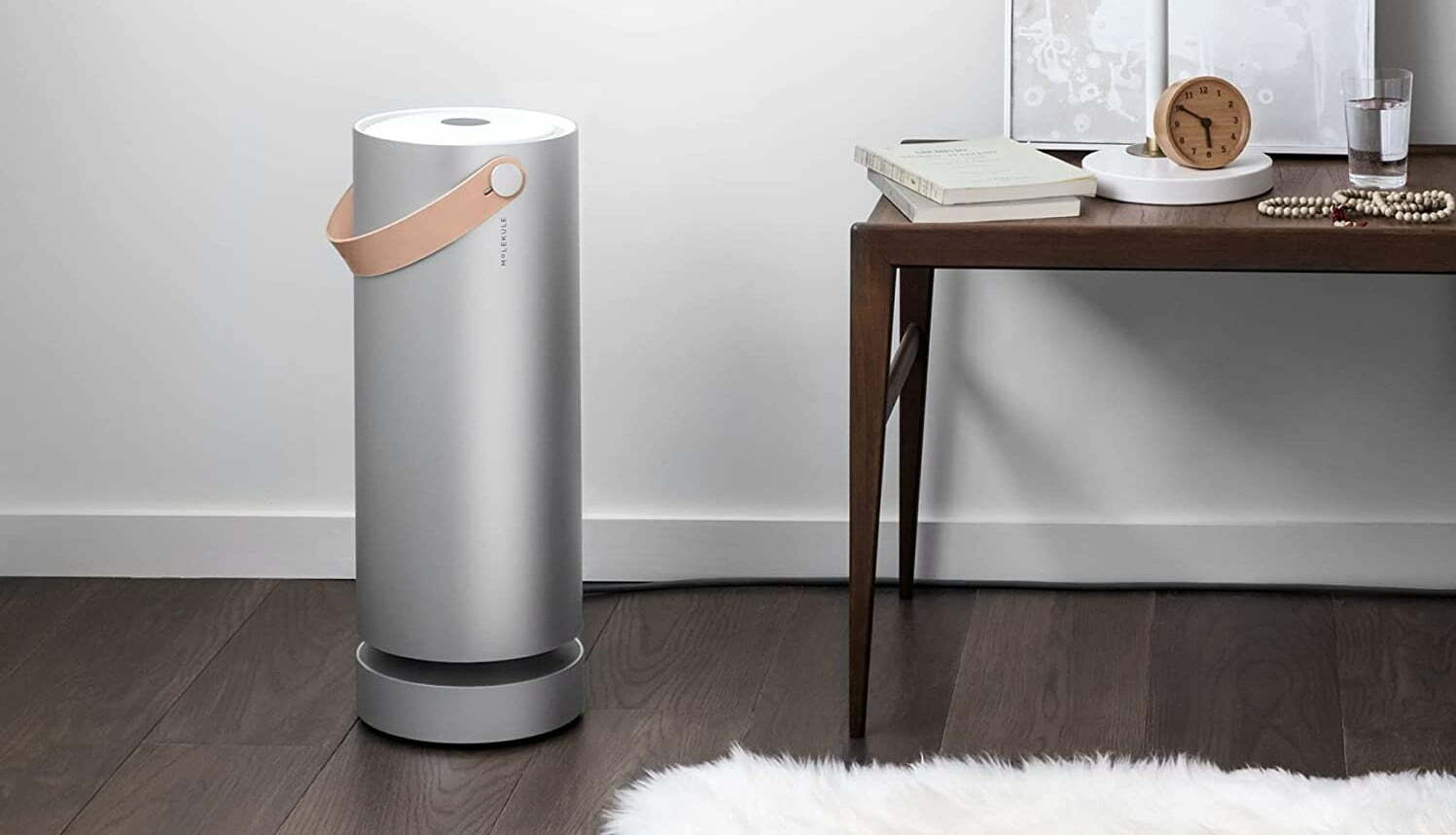
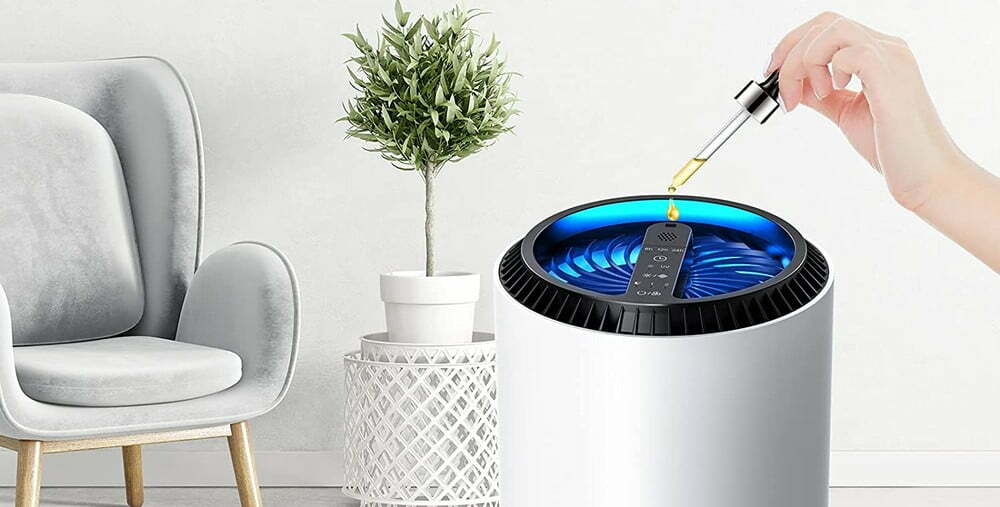
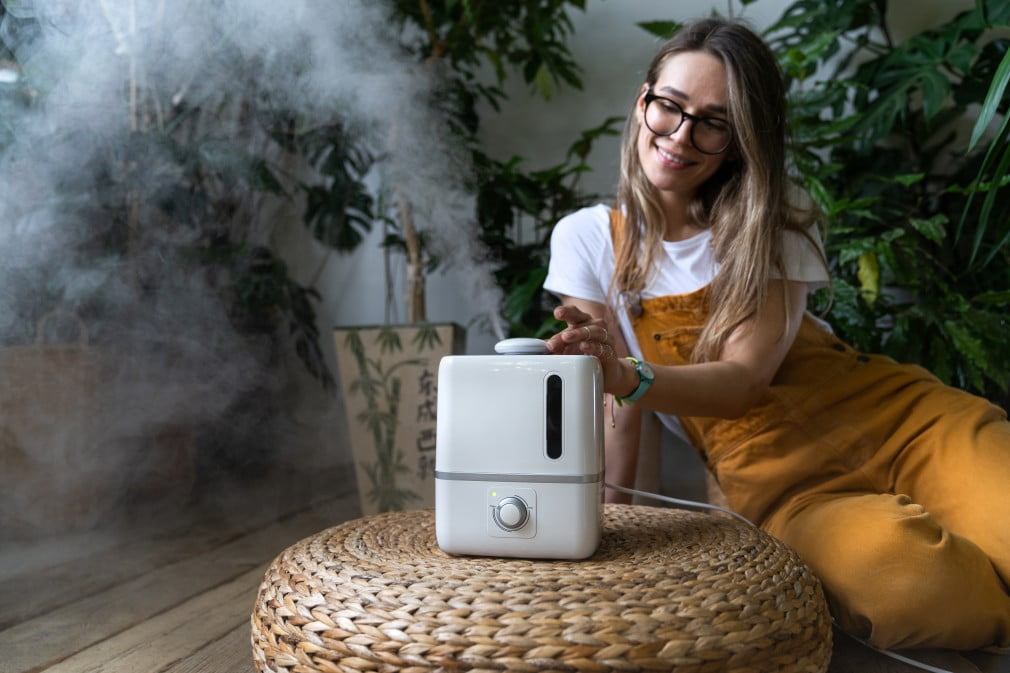
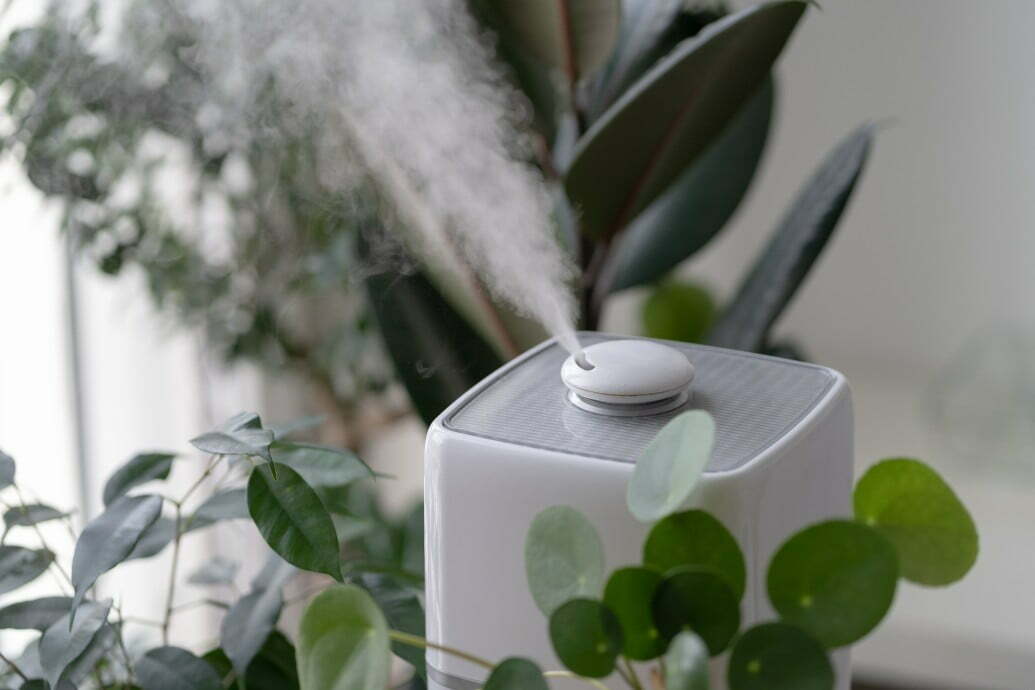
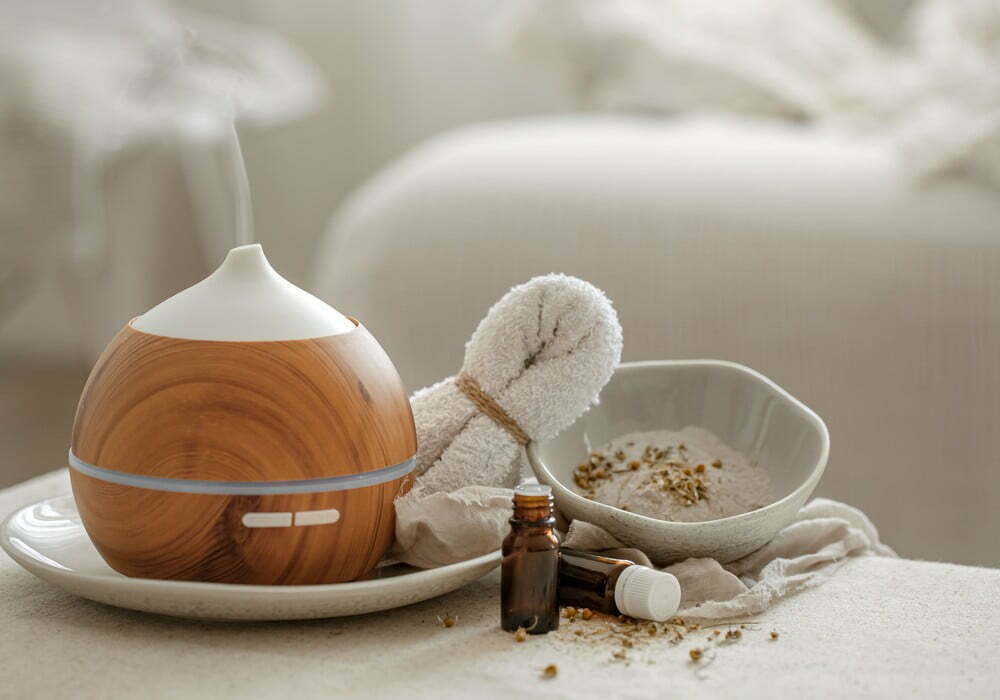
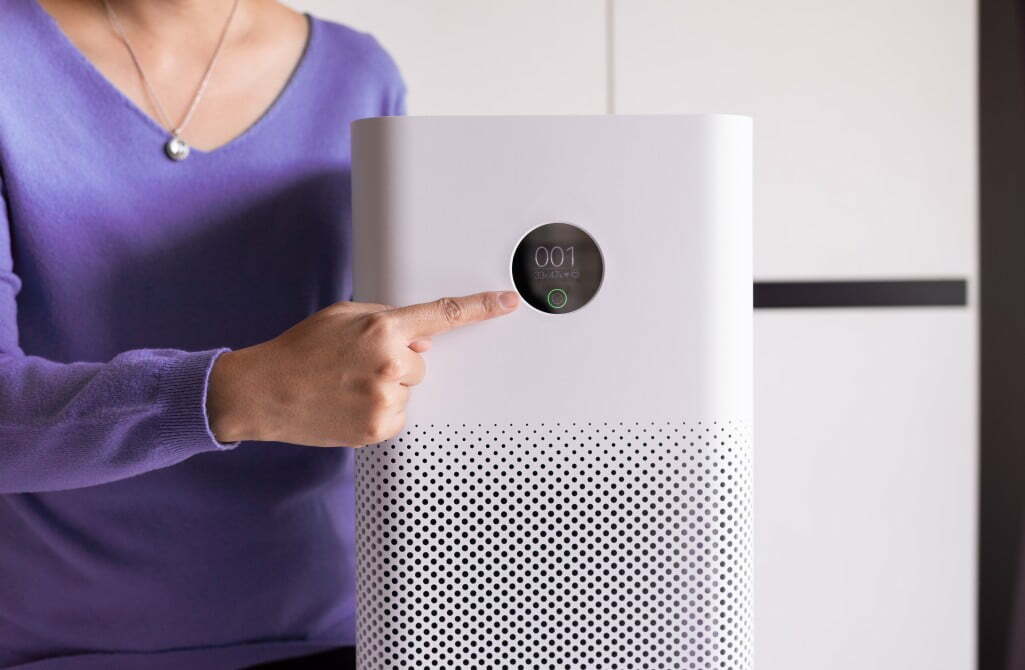
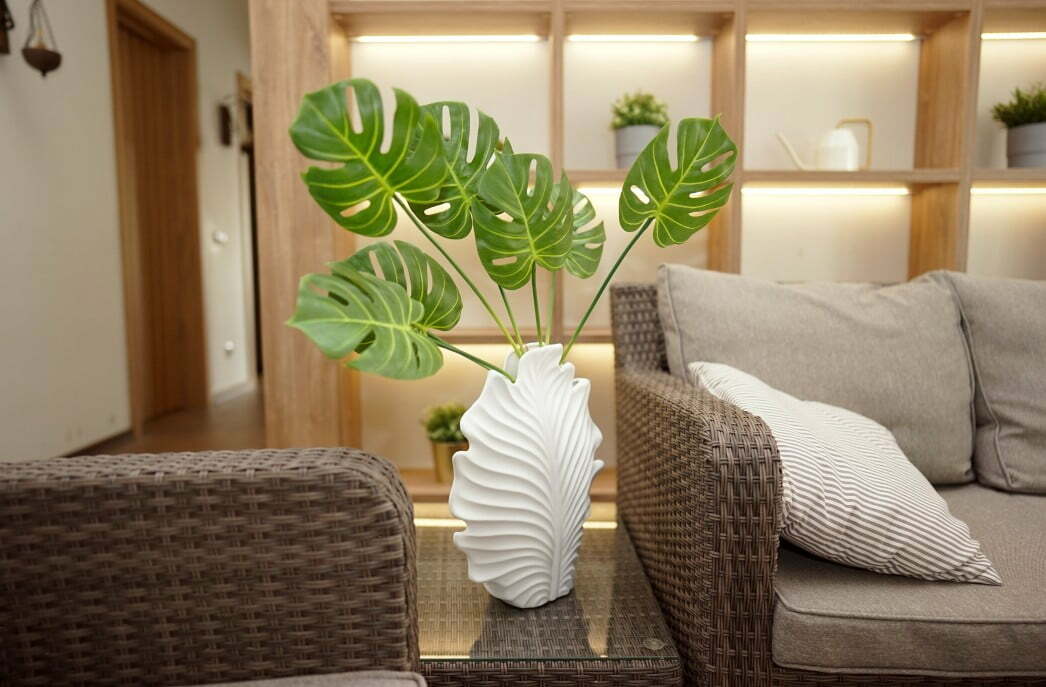
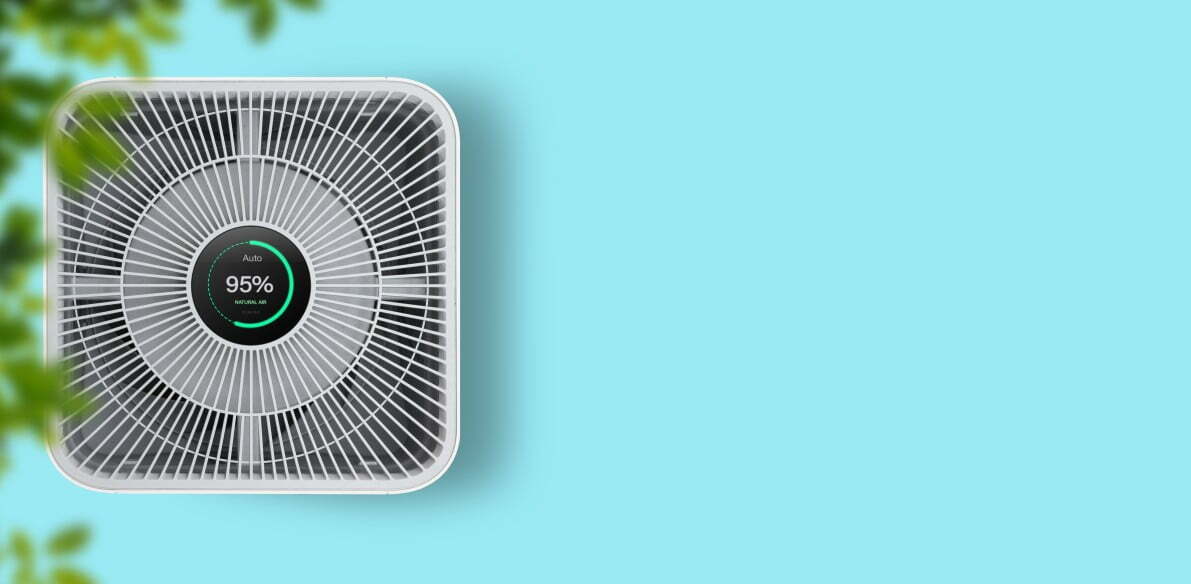
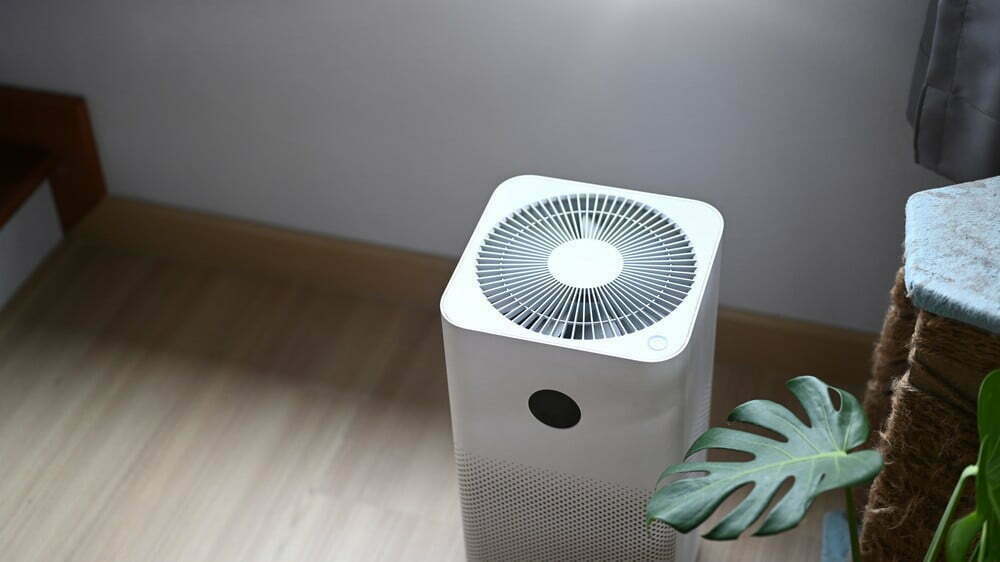
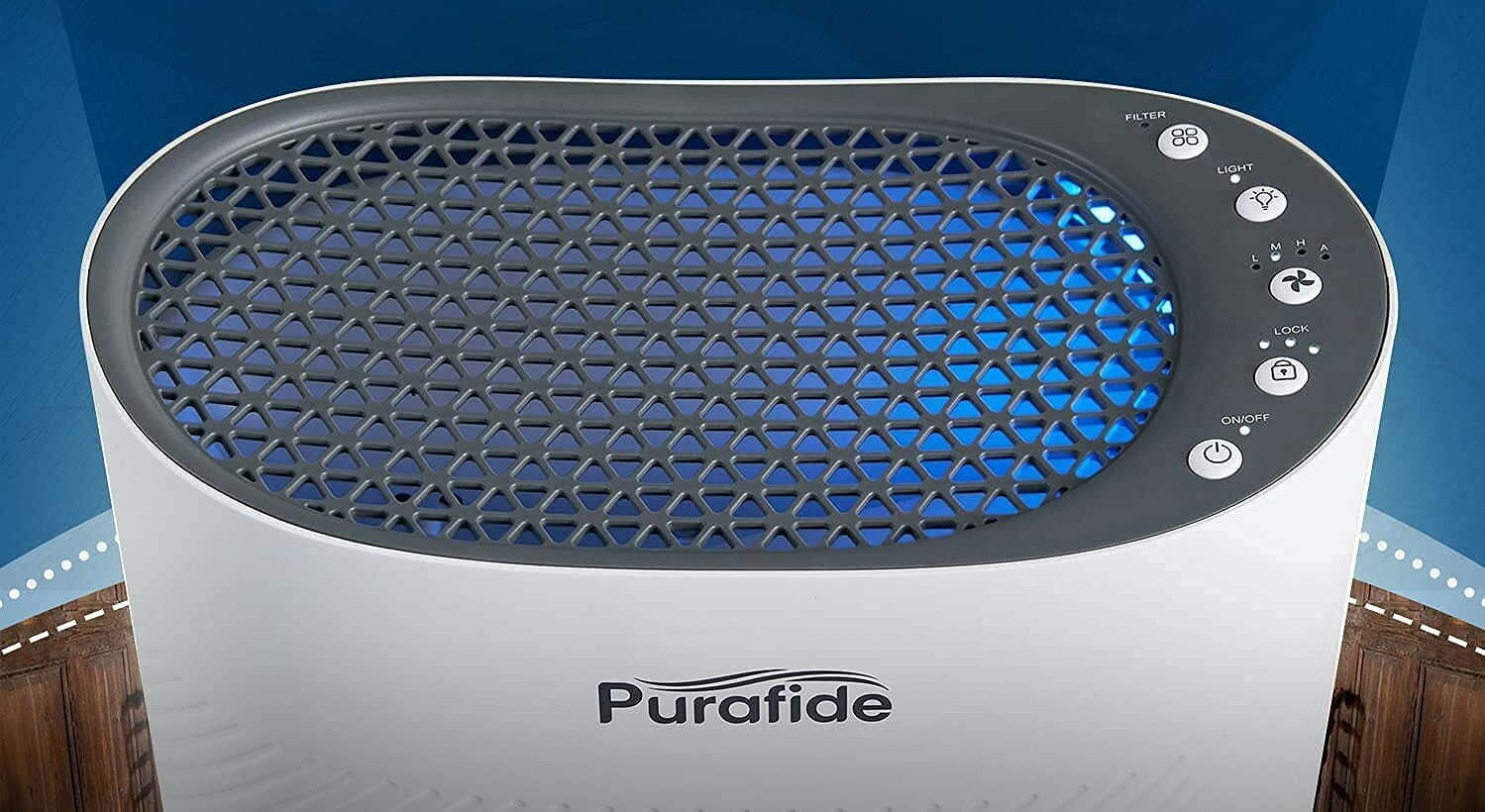
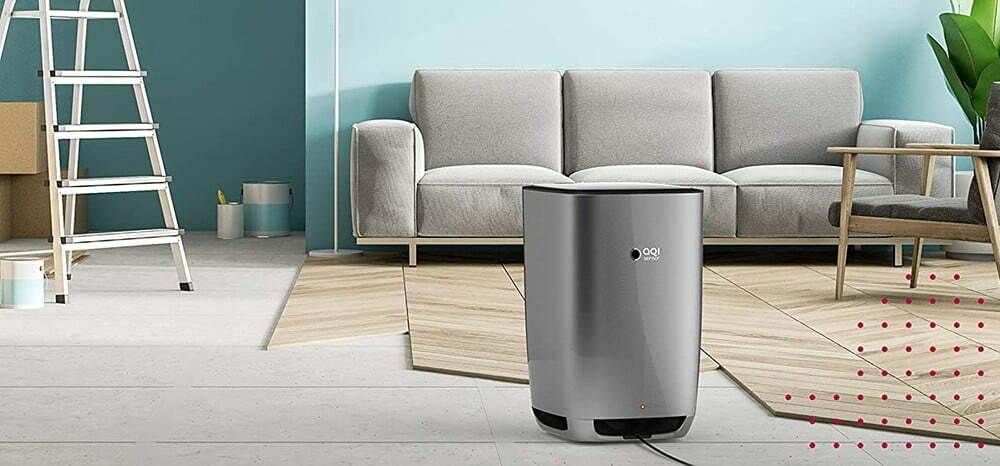
![Best Air Purifiers for VOCs and Formaldehyde in [year] 27 Best Air Purifiers for VOCs and Formaldehyde in 2026](https://www.gadgetreview.dev/wp-content/uploads/best-air-purifier-for-vocs-and-formaldehyde-image.jpg)
![Best Air Purifier in [year] ([month] Reviews) 28 Best Air Purifier in 2026 (January Reviews)](https://www.gadgetreview.dev/wp-content/uploads/Honeywell-True-HEPA-Allergen-Remover-HPA300-e1475603569442.jpg)
![Best Air Purifiers for Dust in [year] 29 Best Air Purifiers for Dust in 2026](https://www.gadgetreview.dev/wp-content/uploads/best-air-purifier-for-dust-image.jpg)
![Best Honeywell Air Purifiers in [year] 30 Best Honeywell Air Purifiers in 2026](https://www.gadgetreview.dev/wp-content/uploads/best-honeywell-air-purifier-image.jpg)
![Best Germicidal Air Purifiers in [year] 31 Best Germicidal Air Purifiers in 2026](https://www.gadgetreview.dev/wp-content/uploads/best-germicidal-air-purifier-image.jpg)
![Best Filterless Air Purifiers in [year] 32 Best Filterless Air Purifiers in 2026](https://www.gadgetreview.dev/wp-content/uploads/best-filterless-air-purifier-image.jpg)
![Best Levoit Air Purifiers in [year] 33 Best Levoit Air Purifiers in 2026](https://www.gadgetreview.dev/wp-content/uploads/best-levoit-air-purifier-image.jpg)
![Best Air Purifiers for Smoking Weed in [year] 34 Best Air Purifiers for Smoking Weed in 2026](https://www.gadgetreview.dev/wp-content/uploads/best-air-purifier-for-smoking-weed-image.jpg)
![Best Quiet Air Purifiers in [year] 35 Best Quiet Air Purifiers in 2026](https://www.gadgetreview.dev/wp-content/uploads/best-quiet-air-purifier-image.jpg)
![Best Desktop Air Purifiers in [year] 36 Best Desktop Air Purifiers in 2026](https://www.gadgetreview.dev/wp-content/uploads/best-desktop-air-purifier.jpg)
![Best Dyson Air Purifiers in [year] 37 Best Dyson Air Purifiers in 2026](https://www.gadgetreview.dev/wp-content/uploads/best-dyson-air-purifier.jpg)
![Best Air Purifiers for Dorm Room in [year] 38 Best Air Purifiers for Dorm Room in 2026](https://www.gadgetreview.dev/wp-content/uploads/air-purifier-for-dorm-room-1.jpg)
![Best Air Purifiers for Office in [year] 39 Best Air Purifiers for Office in 2026](https://www.gadgetreview.dev/wp-content/uploads/best-air-purifier-for-office.jpg)
![Best Air Purifiers for Basement in [year] 40 Best Air Purifiers for Basement in 2026](https://www.gadgetreview.dev/wp-content/uploads/best-air-purifier-for-basement.jpg)
![Best Air Purifiers For Odor in [year] 41 Best Air Purifiers For Odor in 2026](https://www.gadgetreview.dev/wp-content/uploads/best-air-purifier-odor.jpg)
![10 Best Personal Air Purifiers in [year] 42 10 Best Personal Air Purifiers in 2026](https://www.gadgetreview.dev/wp-content/uploads/best-personal-air-purifiers.jpg)
![10 Best Plug In Air Purifiers in [year] 43 10 Best Plug In Air Purifiers in 2026](https://www.gadgetreview.dev/wp-content/uploads/best-plug-in-air-purifier-image.jpg)
![10 Best Whole House Air Purifiers in [year] 44 10 Best Whole House Air Purifiers in 2026](https://www.gadgetreview.dev/wp-content/uploads/best-whole-house-air-purifier-image.jpg)
![10 Best Large Room Air Purifiers in [year] 45 10 Best Large Room Air Purifiers in 2026](https://www.gadgetreview.dev/wp-content/uploads/Coway-Airmega-200M-Large-Room-Air-Purifier-900x900-1.png)
![10 Best UV Air Purifiers in [year] 46 10 Best UV Air Purifiers in 2026](https://www.gadgetreview.dev/wp-content/uploads/best-uv-air-purifier.jpg)
